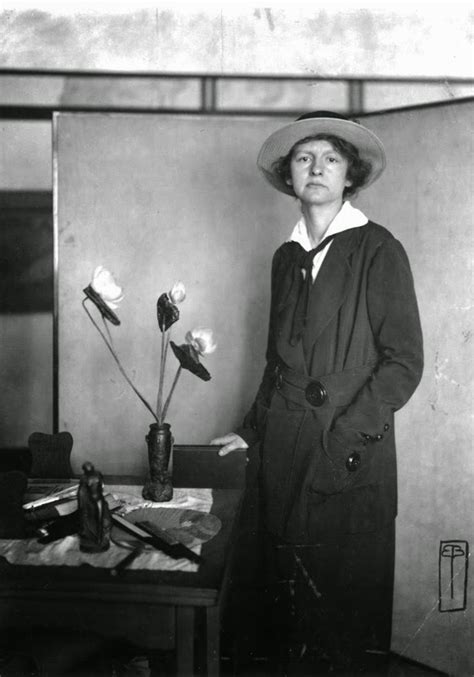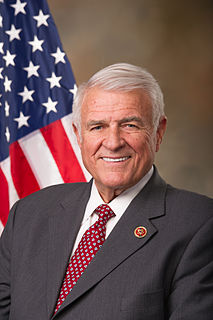A Quote by Alice Corbin Henderson
No future historian of the United States will be able to use quotations from her twentieth-century poets in support of an imperial policy of conquest and slaughter.
Related Quotes
In the middle of the nineteenth century, the United States embarked on a new relationship with death, entering into a civil war that proved bloodier than any other conflict in American history, a war that would presage the slaughter of World War I's Western Front and the global carnage of the twentieth century.
Foreign policy always has more force and punch when the nation speaks with one voice. To remain secure, prosperous, and free, the United States must continue to lead. That leadership requires a president and Congress working together to fashion a foreign policy with broad, bipartisan support. A foreign policy of unity is essential if the United States is to promote its values and interests effectively and help to build a safer, freer, and more prosperous world.
Never mind that from the 1600s until the late twentieth century the population the United States was 85% white, 12% black, and there have been changes demographically in the United States since the days of its founding. So they're trying to tell you that the United States' greatness happened because of diversity. Well, go back and look at the days the country was founded, and they do. When they do that, they see how racist and bigoted this country was. they see the seeds for bigotry and racism and discrimination were sown at the founding, is how it's now taught.
Because the bill in reserving a certain parcel of land in the United States for the use of said Baptist Church comprises a principle and a precedent for the appropriation of funds of the United States for the use and support of religious societies, contrary to the article of the Constitution which declares that "Congress shall make no law respecting a religious establishment."
Given that the nineteenth century was the century of Socialism, of Liberalism, and of Democracy, it does not necessarily follow that the twentieth century must also be a century of Socialism, Liberalism and Democracy: political doctrines pass, but humanity remains, and it may rather be expected that this will be a century of authority ... a century of Fascism. For if the nineteenth century was a century of individualism it may be expected that this will be the century of collectivism and hence the century of the State.
I am just here to support the President of the United States. President of the United States is our boss, but he is also... you know, the President and the First Lady are kinda like the Mom and the Dad of the country. And when your Dad says something you listen, and when you don't it will usually bite you on the ass later on. So, I'm here to support the President.







































